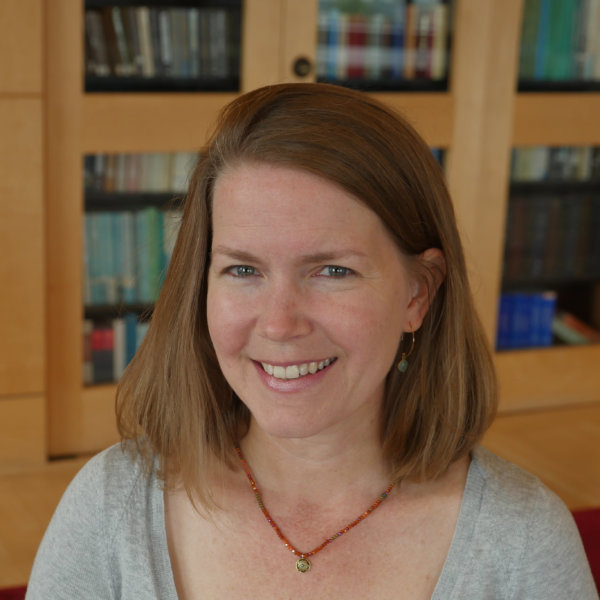This news item has been reprinted from the UC OSC blog.
The Office of Scholarly Communication (OSC) at the University of California announces the launch of its new Diversity, Equity, and Inclusion (DEI) in Scholarly Communication resource. This site supports the UC community in gaining a deeper understanding of the challenges around achieving and maintaining diversity, equity, and inclusion in scholarly publishing. This includes concrete actions for authors, peer reviewers, journal editors, and librarians.
Actions we can take
- Authors can consider the ways in which unconscious (or implicit) bias may influence their choices of publishing venue, co-authors, and reading and citation practices.
- Editorial board members can diversify the reviewer pool and editorial roles within their journals.
- Peer reviewers can take advantage of training resources aimed at developing bias-free peer review practices.
- Publishers can implement inclusive language guidelines within their publications and train editorial boards and peer reviewers to work toward shared DEI objectives.
- Library workers can raise awareness of scholarly communication inequities in consultations with, as well as presentations and workshops for, colleagues and constituents.
Find many more suggested actions in the OSC DEI resource.
“This website is relevant and urgent,” asserts Douglas Haynes, Vice Provost for Academic Personnel and Programs at the UC Office of the President, “as there has been far more attention to understanding the composition of the scholarly community (who is hired, advanced, promoted as well as rewarded and recognized), but not to the very mechanisms for determining membership and status within it—namely scholarly communications/publishing. At best it is opaque and at worst it is an instrument of selective exclusion. The website is a great start at promoting transparency and broadening participation.”
In a letter endorsing the resource on behalf of UC’s Academic Senate, Academic Council Chair Susan Cochran writes: “The DEI website provides a comprehensive overview of the key factors that affect publishing opportunities for underrepresented scholars, and it offers suggestions for addressing these challenges and fostering a more equitable and inclusive scholarly communication ecosystem. The Council acknowledges that effectively addressing DEI issues requires collaborative efforts from faculty researchers, peer review and editorial boards, librarians, and scholarly publishers.”
Diversity is a defining feature of the University of California, and supporting a diverse community of scholars and researchers is fundamental to the advancement of knowledge. Furthermore, the OSC hopes this resource will support distinct and varied perspectives to broaden and strengthen our understanding of the world, positioning us to more fully and effectively engage with the major challenges of our time.
For questions, feedback, or more information, please contact osc@ucop.edu.
Feature image credit: Susan Merrell, 2019

